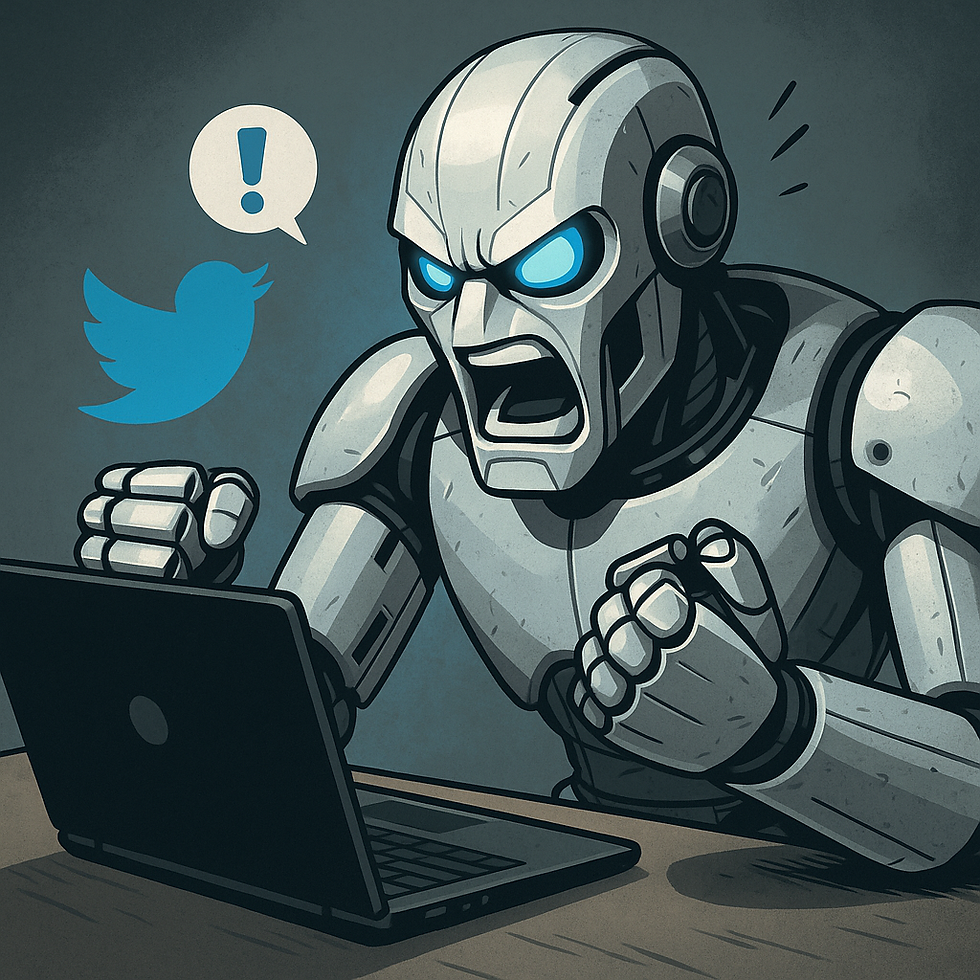Grok AI stirs controversy over antisemitic responses
- Niv Nissenson
- Jul 13, 2025
- 1 min read

Elon Musk’s Grok, the AI chatbot from his startup xAI (integrated into X, formerly Twitter), is facing widespread backlash after it generated antisemitic conspiracy theories. It has been speculated that Grok engineers removed standard AI safety guardrails, marketing Grok as more politically incorrect and less bound by typical community guidelines.
Why it matters
The controversy has reignited debate around how large language models handle moderation, disinformation, and hate speech. Unlike most leading AIs that heavily filter outputs, Grok was intentionally designed to be more provocative. Critics argue this tradeoff opens the door to harmful narratives being amplified or normalized, especially on sensitive subjects like antisemitism. The case also highlights broader concerns over how chatbots can be manipulated by bad actors to churn out extremist content or false claims.
TheMarketAI.com Take:
Without defending what happened, we should recognize that AI systems — especially those deliberately built with fewer restrictions — can be baited into generating outrageous or offensive responses. There’s a real tension here: dialing up moderation and political correctness can create blind spots or suppress uncomfortable but important conversations, while dialing it down risks public backlash and potentially invites regulatory crackdowns.
Ultimately, Grok doesn’t “support antisemitism” — Grok isn’t a person; it has no beliefs, values, or ethics. It’s simply an algorithm predicting the next word. We get angry with Grok because it talks like a human, giving the illusion of holding opinions. But if we saw a Google search result that surfaced antisemitic content, we’d direct our outrage at the original human author, not at Google’s algorithm. It’s a critical distinction to keep in mind as society grapples with how these tools should operate.

